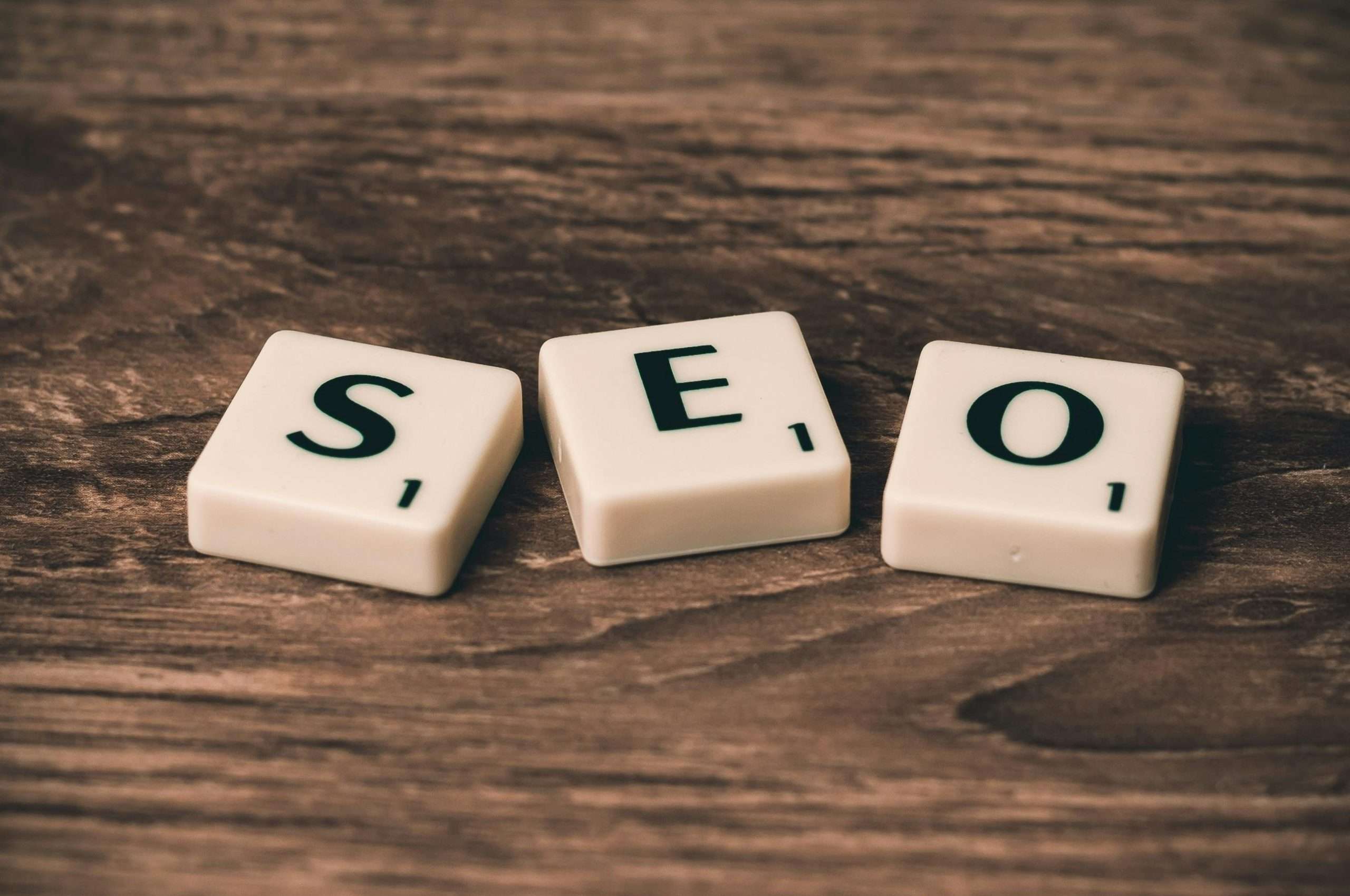SEO vs. PPC: Which One is Right for Your Business?
In today’s digital landscape, businesses are presented with various marketing strategies to boost their online presence and attract customers. Among the most popular methods are Search Engine Optimization (SEO) and Pay-Per-Click (PPC) advertising. Both can be highly effective, but choosing the right approach for your business depends on several factors such as your budget, goals, and long-term vision. In this article, we’ll compare SEO and PPC to help you decide which strategy is best for your business.
What Are SEO and PPC?
Before diving into the pros and cons of each, it’s important to understand what SEO and PPC entail.
SEO (Search Engine Optimization)
SEO is the process of optimizing your website and content to rank higher in organic (non-paid) search engine results. It involves a variety of strategies such as keyword research, creating high-quality content, improving website speed, and building backlinks. The goal is to increase your website’s visibility in search engine results pages (SERPs) over time, driving more organic traffic.
PPC (Pay-Per-Click)
PPC is a paid advertising model where you pay each time someone clicks on your ad. Ads typically appear at the top or bottom of search engine results pages, on social media platforms, or across the web on various sites. With PPC, you can bid for ad placement on specific keywords, targeting your ideal customers. The most popular PPC platform is Google Ads, but other platforms like Facebook and LinkedIn also offer PPC options.
Pros and Cons of SEO and PPC
Both SEO and PPC offer distinct advantages and challenges. Let’s take a closer look at the pros and cons of each strategy to help you determine which is best for your business.
Pros of SEO
- Cost-Effective in the Long Run: While SEO requires an upfront investment in time and resources to create high-quality content and optimize your site, the long-term benefits are significant. Once your site ranks well, you can continue to receive traffic without paying for each click.
- Credibility and Trust: Organic search results are often viewed as more credible and trustworthy by users than paid ads. Ranking high in search engine results can help establish your brand as an authority in your field.
- Sustainable Traffic: SEO efforts build over time, and once you achieve high rankings, you can maintain steady traffic without ongoing costs. Unlike PPC, which stops once you stop paying, SEO can provide lasting benefits.
Cons of SEO
- Takes Time: SEO is not an instant solution. Achieving top rankings in search engine results can take months or even years, depending on the competitiveness of your industry and keywords.
- Ongoing Effort Required: SEO is not a one-time task. To maintain or improve rankings, you need to continue optimizing your website, monitoring performance, and staying updated with search engine algorithm changes.
- Highly Competitive: Depending on your industry, ranking for popular keywords can be extremely competitive. It may require significant effort and resources to outperform well-established competitors.
Pros of PPC
- Immediate Results: One of the most significant advantages of PPC is that you can see immediate results. Once your ad campaign is live, your ads will begin appearing on search engine results pages or other platforms, driving traffic to your website almost immediately.
- Targeted Audience: PPC allows you to target specific demographics, locations, and even times of day. This precise targeting can help you reach the right customers and improve the return on your investment.
- Control and Flexibility: With PPC, you have more control over your ad budget, campaign settings, and the keywords you bid on. You can adjust your campaign in real time to optimize performance and minimize costs.
Cons of PPC
- Ongoing Costs: Unlike SEO, which can provide lasting traffic once you rank well, PPC requires a continuous budget. You pay for each click, and your ads stop appearing once you stop paying.
- Ad Fatigue: Users may become desensitized to ads, especially if they see the same ones repeatedly. Over time, the effectiveness of your PPC campaigns may decrease unless you regularly update your ads and target audience.
- Requires Expertise: Running a successful PPC campaign requires knowledge of keyword bidding, ad copywriting, and campaign optimization. Without expertise, it can be challenging to make the most out of your PPC budget.
Which One Is Right for Your Business?
Choosing between SEO and PPC ultimately depends on your business goals, budget, and timeline.
- If you have a limited budget and need immediate results, PPC may be the better option. It allows you to target customers right away and drive traffic without the long wait associated with SEO.
- If you have a longer time horizon and want to build sustainable traffic, SEO is the better choice. Although it requires more upfront effort, the organic traffic it generates can be highly valuable over time.
- For a comprehensive strategy, many businesses choose to combine SEO and PPC. SEO can provide long-term growth, while PPC offers quick results and helps increase visibility in competitive markets.
Conclusion
Ultimately, there’s no one-size-fits-all answer to SEO vs. PPC. Consider your business goals, available resources, and how quickly you need results when deciding which approach to prioritize. By understanding the pros and cons of each, you’ll be better equipped to make an informed decision that aligns with your business objectives. At Web Wise, we can help you tailor the perfect blend of SEO and PPC strategies, ensuring that your digital marketing efforts are optimized to meet your unique business needs and drive sustainable growth.



